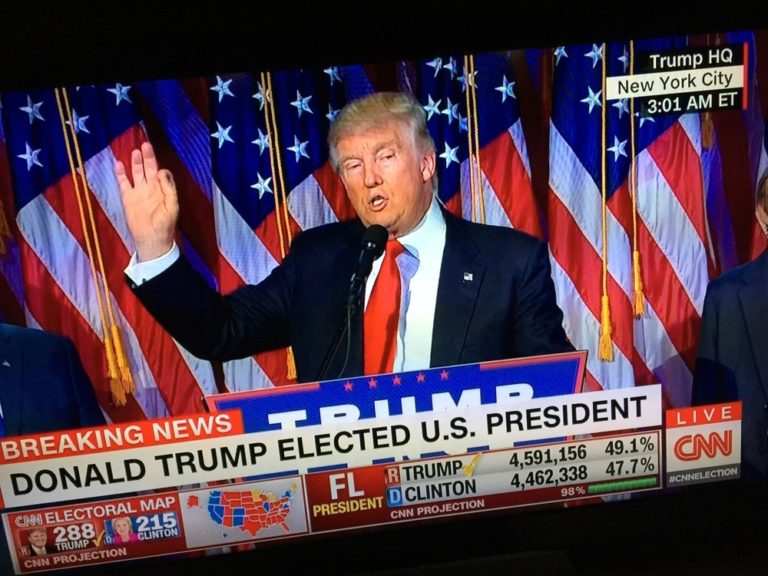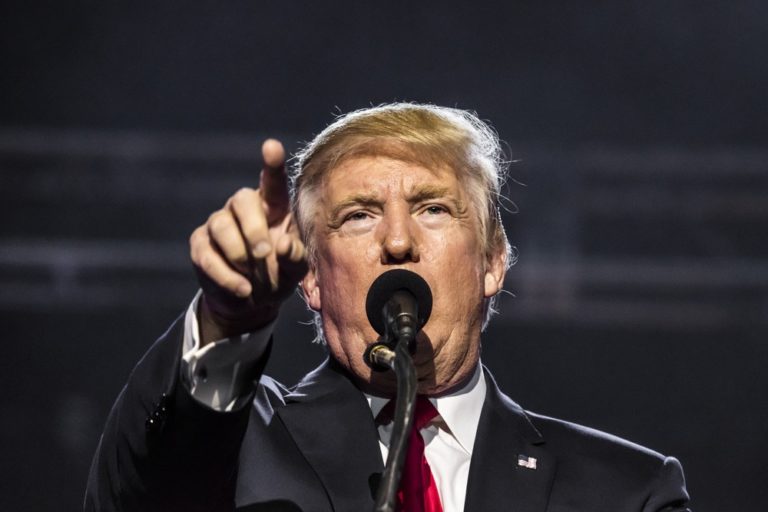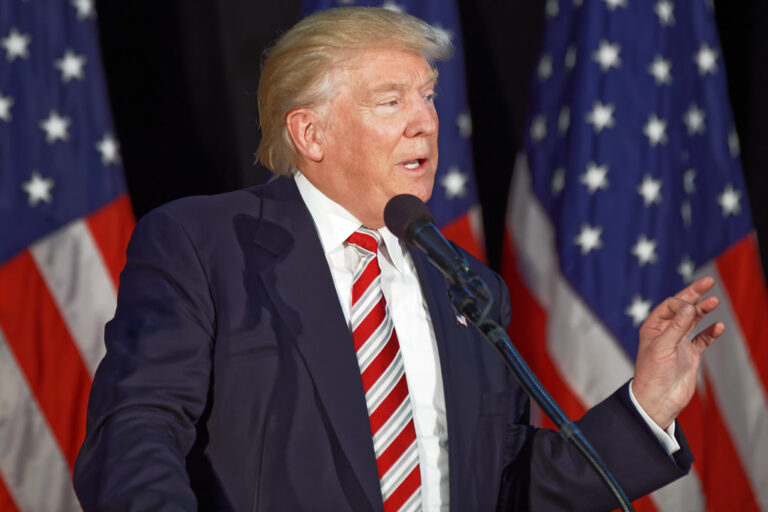Key Takeaways:
- NPR is suing the Trump administration over an executive order cutting federal funding.
- PBS is also at risk of losing its funding as part of the same order.
- President Trump claims taxpayer-funded media organizations are politically biased.
- The lawsuit argues that the funding freeze is unconstitutional.
NPR Takes Trump Admin to Court Over Funding Cuts
National Public Radio (NPR) has filed a lawsuit against President Donald Trump’s administration after an executive order halted federal funding for NPR and PBS. This move has sparked a heated debate over media funding and political bias.
What’s Behind the Executive Order?
A few weeks ago, President Trump issued an executive order stopping federal funds from going to NPR and PBS. These organizations, which are funded by taxpayer money, have been accused by the Trump administration of being politically biased. The administration claims that NPR and PBS have shown favoritism toward liberal causes, which they argue is unfair to conservative viewpoints.
Why Is NPR Suing?
NPR filed the lawsuit on Tuesday, arguing that the funding freeze violates the First Amendment. The organization believes the executive order unfairly targets them for their editorial decisions. NPR also expressed concerns that PBS, which relies heavily on federal funding, could face severe financial struggles if the order stands.
What’s at Stake for Public Media?
Public media organizations like NPR and PBS rely on federal funding to operate. This money helps them produce news, educational programs, and cultural content for millions of Americans. If the funding is cut permanently, these organizations might be forced to reduce their services or even shut down.
Arguments from Both Sides
The Trump administration and Republican lawmakers have long criticized NPR and PBS for what they see as a liberal slant in their programming. They argue that taxpayer money should not support organizations that they believe promote a particular political agenda.
On the other hand, NPR and PBS defenders argue that these organizations provide balanced and unbiased news. They claim that the funding cuts are an attempt to silence independent media and undermine press freedom.
The Broader Implications
This legal battle isn’t just about NPR and PBS. It raises larger questions about government control over media and the role of taxpayer-funded organizations in society. If the Trump administration succeeds in cutting funding, it could set a precedent for future governments to exert more control over media outlets.
What’s Next?
The lawsuit is still in its early stages, and it could take months or even years to resolve. In the meantime, NPR and PBS continue to operate, but the uncertainty surrounding their funding has left many worried about their future.
Final Thoughts
The fight between NPR and the Trump administration highlights a growing divide over media bias and government involvement. As the legal battle unfolds, one thing is clear: the future of taxpayer-funded media hangs in the balance.










